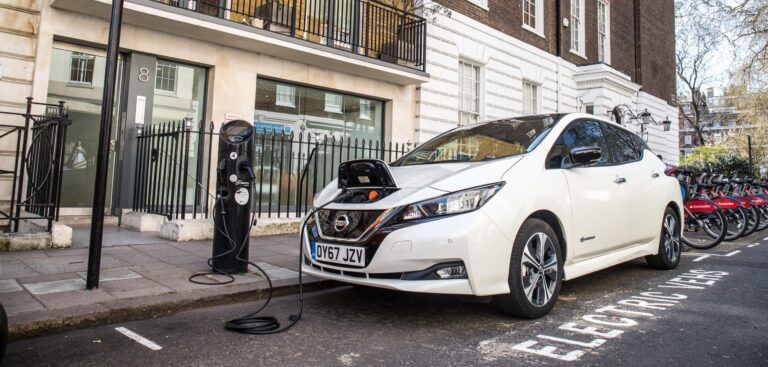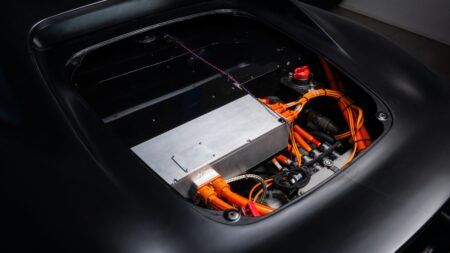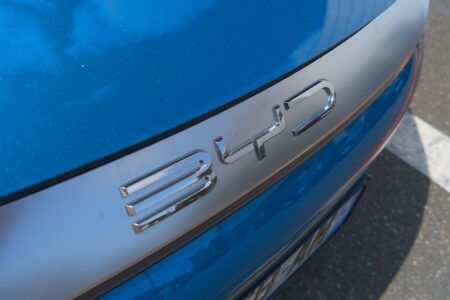A new smart charging technology of electric vehicles has been demonstrated where it can automatically choose the optimal time when it is greenest and cheapest to charge, which will not only support the local grid but also enable a more flexible, future energy system.
The direct-to-car smart charging system was successfully trailed by intelligent energy platform Kaluza and Bosch whereby their digital architecture enabled an electric vehicle to be remotely controlled to charge at times when it was cheapest and greenest – without separate smart charging hardware.
As well as energy cost savings, the innovation allows future customers to always have their EV ready to drive the distance they require, as the smart charging automatically works around user settings and vehicle data.
The technical success of the trial presents how smart charging and its benefits can be scaled more widely, and at a faster rate, by reducing the dependency on separate smart charging hardware. While smart chargers and connected infrastructure hardware remain an important pathway to accommodating millions of EVs onto the energy system, the direct control capability stands to increase the availability of smart charging globally. Additionally, direct-to-car smart charging bypasses some of the compatibility challenges currently experienced.
Conor Maher-McWilliams, Head of Flexibility at Kaluza commented: “Bosch and Kaluza are breaking new ground in unlocking the full flexible potential of EVs. In the race to decarbonize, there is a window of opportunity to make smart charging mainstream that we cannot afford to miss. Direct-to-car smart charging offers suppliers and grid operators greater access to EV’s inherent flexibility more quickly, and stands to enhance existing solutions involving chargers.”





